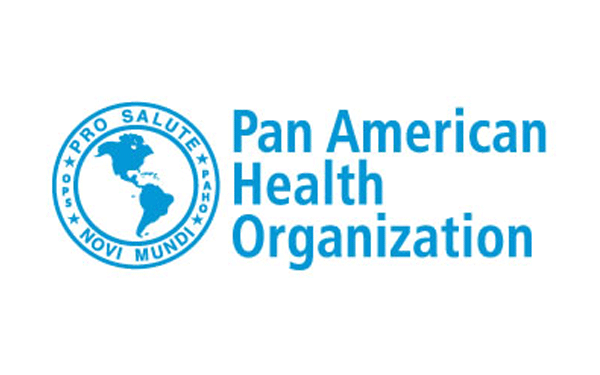| Washington, DC, 17 April, 2023 (PAHO) – A series of reports that seek to contribute to the development of healthy aging strategies in the Americas was launched today by the Pan American Health Organization (PAHO), in collaboration with other United Nations agencies and the Inter-American System. The series – The Decade of Healthy Aging in the Americas: Situation and Challenges – presents an overview of different aspects of aging and the health situation of older persons in the region, where life expectancy reached 77.2 years in 2019. “These reports constitute a significant advance in the consolidation of data and information on population aging and on the health and well-being of older persons in the Americas,” PAHO Director Jarbas Barbosa said. “Through them, it will be possible to identify, understand and address many of the challenges and opportunities that profound and accelerated aging will present for the Americas,” he said. The region is aging rapidly. It is estimated that, by 2030, there will be more people over the age of 60 than under the age of 15. And while life expectancy at birth for both sexes increased by three years between 2000 and 2019, men and women in the region live on average 9.7 and 12.3 years in poor health, respectively. Poverty and inequality influence the life course and the conditions in which people spend their old age, a factor also highlighted by the COVID-19 pandemic. The fact that people are living longer reflects progress, but the challenge now is to ensure that most of these years are lived in better health. For this to happen, strategies must be implemented not only during old age but throughout the entire life course. It is also key to provide favorable environments for the elderly and integrated, person-centered health care, with an emphasis on primary care. The series is launched within the context of the United Nations Decade for Healthy Aging (2021-2030) with the aim of providing accurate and reliable information so that countries can advance strategies, actions and policies that promote healthy aging of all populations. The reports focus on various topics, including the human rights of older persons, their access to new technologies and the economic context of aging, as well as the situation of indigenous older persons and older persons within the LGBTIQA+ community. Several articles present information on the impact of COVID-19 on older people with a view to protect this population in future emergencies. “We cannot imagine inclusive and sustainable development if we do not put people at the center of strategies. This includes both older people and the next generations,” said the PAHO Director. The series is the result of collaboration between PAHO and the Inter-American Development Bank (IDB), the Economic Commission for Latin America and the Caribbean (ECLAC), the United Nations Population Fund (UNFPA), the Organization of American States (OAS) and the International Telecommunication Union (ITU). |
| Links The Decade of Healthy Aging in the Americas: Status and Challenges https://www.paho.org/en/series-decade-healthy-aging-americas-situation-and-challenges The Decade of Healthy Aging in the Americas (2021-2030) https://www.paho.org/en/decade-healthy-aging-americas-2021-2030 Launch – The Decade of Healthy Aging in the Americas: Situation and Challenges https://www.youtube.com/watch?v=SAtEWI8_lmc |









